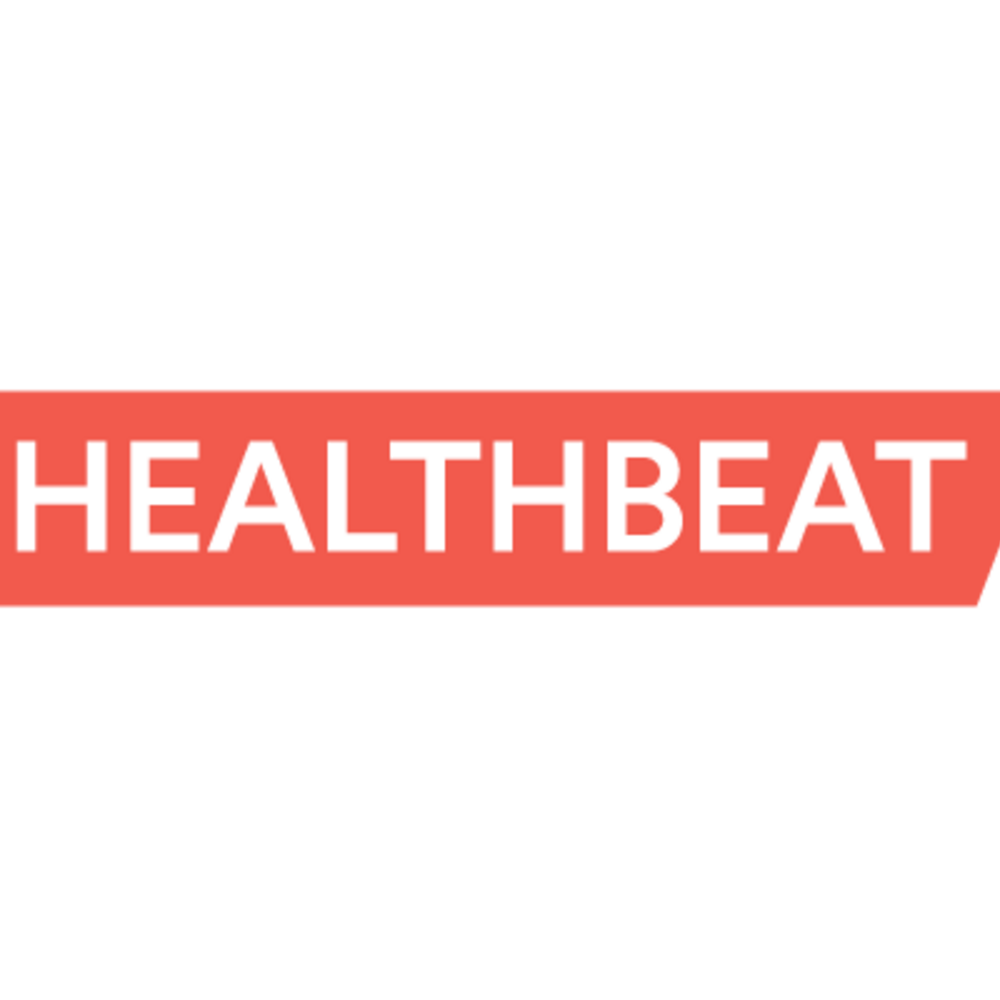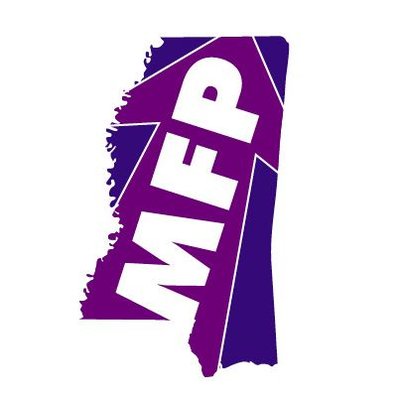Latest Coverage
Find the latest stories, research, and insights on policies, programs, and ideas shaping the national conversation on poverty and economic mobility.
Subscribe to our newsletter for daily insights
Spotlight on Poverty and Opportunity leads research and consulting initiatives that identify and address barriers to economic well-being.
Type
State
Issue
California Lawmakers Launch Children's Caucus To Tackle Poverty, Child Welfare
The California state Legislature has a new bicameral legislative caucus that will focus on issues affecting children and their wellbeing

HUD Revives Proposal To Eject Undocumented Immigrants From Public Housing
When the Trump administration proposed the rule in 2019, housing officials estimated it would also displace thousands of U.S. citizens and legal residents.

How Faith Networks Are Building A Safety Net For Immigrants Released From Detention
With fewer asylum-seekers arriving in U.S. cities, faith-based support networks are caring for immigrants after they’re released from stints in detention centers — a time when many lose housing and jobs.

Why Americans are living longer: It's not protein and pricey scams.
The biggest gains have come from improvements in water, sanitation, and hygiene, followed by medical interventions, such as vaccines and antibiotics.

N.C. Hurricane Survivors Are Still Waiting For State Help
“In the 459 days that Willa Mae James spent living in a Fairfield Inn in Eastern North Carolina, her footsteps wore down paths in the carpet: from the door to the desk, from the bed to the wooden armchair by...

Medicaid Expansion in MS Appears Dead For Now
“JACKSON, Miss.—Mississippi will not expand Medicaid this year because of federal Medicaid funding cuts under President Donald Trump’s One Big Beautiful Bill Act, a top Republican in the Mississippi Senate says. “There is no expansion,” Mississippi Senate Medicaid Chairman Sen....

Judge Extends Freeze on Social Service Cuts in 5 Blue States
“A federal judge on Friday extended an order blocking the Trump administration from withholding funds for child care and social services in five Democratic-led states, keeping at bay for now cuts that the states say are politically motivated and would...

Congress Targets Housing Crisis As Solutions Elude Trump
“President Trump has struggled to address the housing crisis. But Congress has been moving forward with legislation that, if signed into law, could bring the most significant changes to federal housing laws in a generation, potentially igniting a building boom....

HHS To Expand Faith-Based Addiction Programs For Homeless
“Health Secretary Robert F. Kennedy Jr. announced on Monday that the federal government would expand funding for faith-based addiction treatment as a response to mounting public drug use and homelessness in American cities. Mr. Kennedy, who credits 12-step programs with...

New SNAP Work Requirements Take Effect in More States
“New work requirements are expanding across more states this week for the Supplemental Nutrition Assistance Program, or SNAP, the nation’s largest federal assistance program. As of Feb. 1, adults between the ages of 18 and 64 without dependent children must...

Rural Wisconsin Community Charts Course For Intergenerational Care
“In Walworth County, Wisconsin, a grassroots effort is reimagining what care can look like across generations. A local community group has launched the “Nursery to Nursing Home” campaign, a proposal to transform a vacant wing of the county’s nursing home...

SNAP Users Face Dizzying Array of New Rules From State Waivers
“In Iowa, food stamps can be used to purchase ice cream at a convenience store, but not a fruit cup with a fork attached. Next month, consumers in Idaho will be able to use Supplemental Nutrition Assistance Program benefits to...

